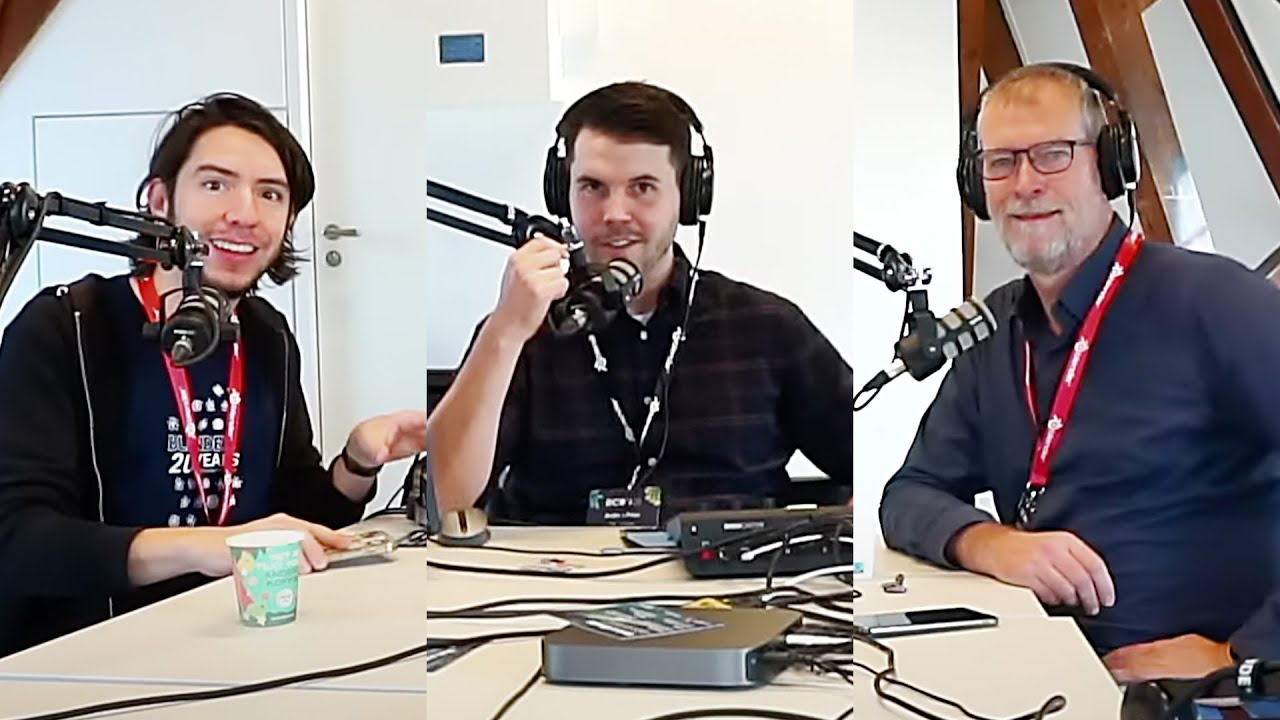I’ve been reflecting a bit lately on when/if/how Blender will use AI to generate 3D models sometime in the future. Do you think Blender should start focusing on AI? If so, how realistic is that? If not, why?
I doubt that Blender will integrate AI tools (like text-to-3D) very soon ; but maybe in a far far future? Who knows? Just don’t get your hopes too high about the integration of AI tools by the Blender Developers. They already have so much on their plate atm (link 1, link 2).
But as ambi said, it could be done via third party add-ons.
The recent advancements in generative AI could open up a unique opportunity for Blender to become the first complete 3D app to fully integrate this technology. By doing so, it could set itself apart from its competitors such as Autodesk’s 3ds max and Maya who are yet to embrace this innovation. This move could position Blender as the industry standard for 3D-generative AI, much like how Adobe has been a pioneer in integrating 2D-generative AI in Photoshop powered by Firefly.
Your comment shows your enthusiasm about this topic and the hope that Blender would become a pioneer in this area but it’s unlikely to happen. From what I see, the Blender Foundation doesn’t care that much about becoming the “leader software”, that being of 3D or AI. The Blender Developers have their own vision for the future of Blender (and it doesn’t necessary match what the users forsee nor want). Also, I highly doubt that they are competing with 3DSMAX or MAYA, IMO, they just want to improve Blender the best they can at their own pace.
The development and implementation of powerful AI would require significant resources and expertise, which may be beyond the reach of the Blender Foundation. They could consider partnering with organizations like Stability AI (developer of Stable Diffusion) which focuses on open source AI technology to develop and implement the AI features.
It would surprise me a lot if the Blender Foundation partnered with StabilityAI, OpenAI, or any other “AI company” that are known to have collected billions of images off the Internet without consent from the creators of such images. The Blender Foundation (and especially Ton) are known to care a lot about licenses.
How would these AI systems be trained? From Blender Market? It might not provide sufficient content for AI training purposes due to copyright restrictions and user concerns about their work being used as training material without permission (which is fully understandable).
LOL. If you want a civil war between content authors and the Blender Foundation, it’d probably be the thing to do yes. ![]()
More seriously, again the Blender Foundation cares about not infringing licenses.
It would be interesting to hear out your opinions on Blender’s future and AI.
What I would like to see is a “text-to-Nodes AI tool” that could allow the user generate Shader nodes or Geometry nodes by typing in an input field.
